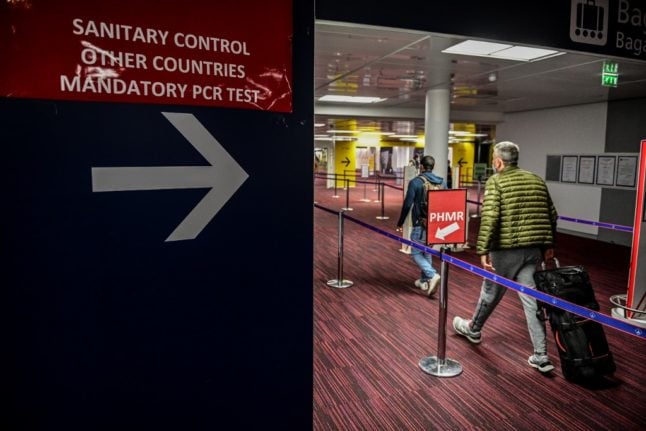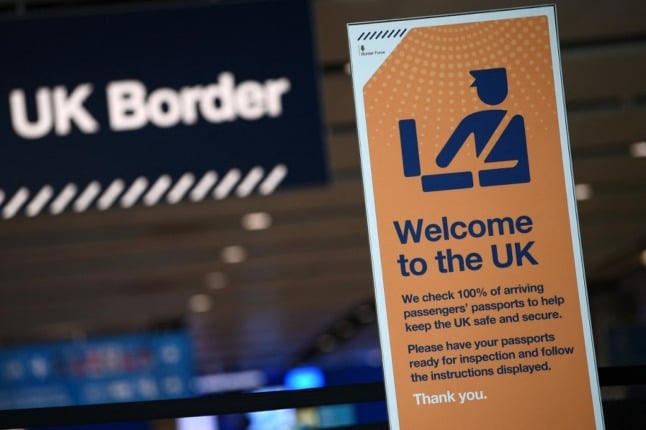The Commission's recommendation is that people heading to their country of residence should be allowed to travel, along with EU citizens heading home and essential freight traffic.
“While it is important to take swift temporary precautionary action to limit the further spread of the new strain of the virus and all non-essential travel to and from the UK should be discouraged, essential travel and transit of passengers should be facilitated,” the statement said.
“Flight and train bans should be discontinued given the need to ensure essential travel and avoid supply chain disruptions,” it added.
Travel from the UK to the EU will likely be dependent on travellers taking a Covid-19 test.
Our Recommendation to ensure EU coordinated approach to ?? travel restrictions:
➡️ Non-essential travel discouraged, but transit should be facilitated.
➡️ Flight and train bans should stop: need to avoid supply chain disruptions.More here: https://t.co/PKuvnd9kQQ pic.twitter.com/I7cPslhlWc
— European Commission ?? (@EU_Commission) December 22, 2020
Commissioner for Justice, Didier Reynders, said: “Given the current uncertainties and in light of the precautionary principle, Member States should take coordinated action to discourage non-essential travel between the UK and the EU.
“At the same time, blanket travel bans should not prevent thousands of EU and UK citizens from returning to their homes. While precautions are needed to contain the spread of the new coronavirus variant, with today's Recommendation, we therefore ensure that the restrictions are coordinated and provide for the necessary exemptions for citizens and residents returning home and other essential travellers.”
The recommendations will be put to EU ambassadors later on Tuesday.
The Commission can only make recommendations to EU countries but member states are in control of decisions regarding their borders.
Countries like France and Germany, which had been pushing for a Europe-wide solution, seem likely to go along with the recommendations, while others such as Italy which had already put in place a ban until January 6th may decide to keep their existing restrictions in place.
If adopted it would mean the following people could travel
- Hauliers bringing freight traffic
- EU or Schengen zone nationals currently in the UK
- Non-EU nationals who are currently in the UK but have their permanent residence in an EU or Schengen zone country.
'Tests or quarantine'
It was unclear what evidence will be needed to prove residency.
“However, Union citizens and UK citizens travelling to their Member State or country of residence as well as third-country nationals that enjoy EU free movement rights should be exempted from further temporary restrictions provided that they undergo a test or quarantine,” the Commission statement said.
“Transit of passengers, especially for essential travel, should be facilitated without quarantine. A test can be required, but authorities need to inform about such requirement in advance or offer testing during the journey.”
The Commission's statement also noted that “Until the end of December, free movement rules still apply to the UK. This means that Member States should not in principle refuse the entry of persons travelling from the UK.”
After the end of the transition period, the UK will be subject to Council Recommendation on the temporary restriction on non-essential travel into the EU.”



 Please whitelist us to continue reading.
Please whitelist us to continue reading.
Member comments